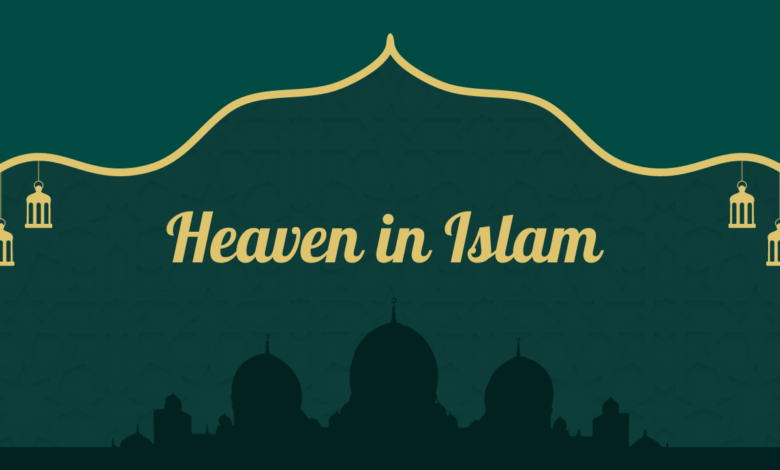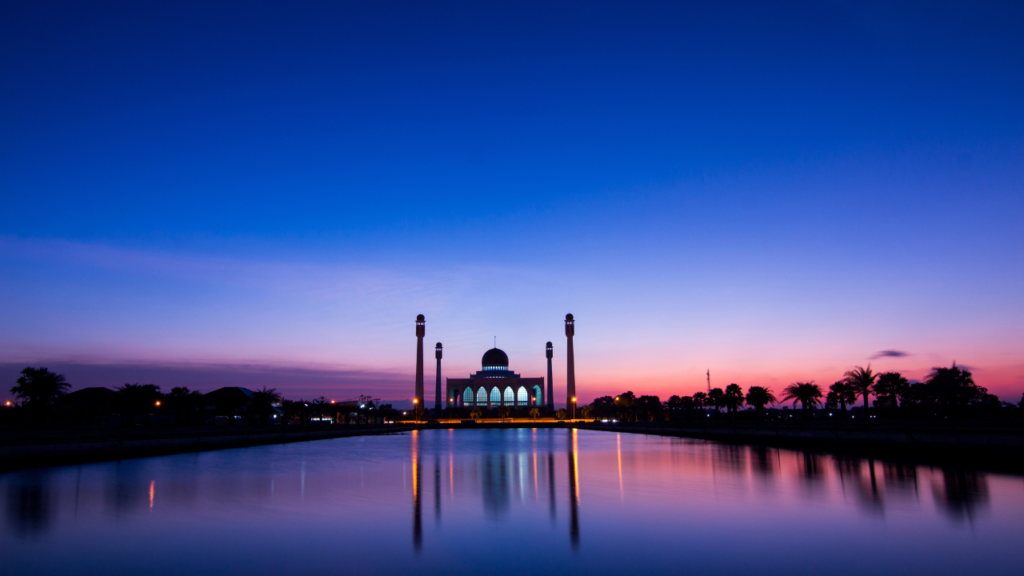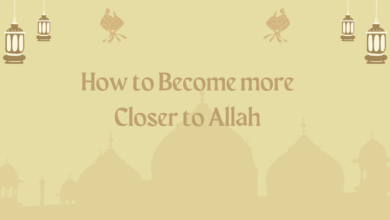
Heaven in Islam
Jannah is the Islamic concept of Heaven, described as a paradise of eternal bliss and perfection.

Introduction
Heaven, known as “Jannah” in Arabic, holds a central place in Islamic theology and eschatology. It is the ultimate goal for Muslims, a realm of unimaginable beauty and eternal bliss promised to those who live righteous lives and submit to the will of Allah, the one and only God in Islam. In this article, we will explore the concept of Heaven in Islam, its characteristics, and the ways in which Muslims strive to attain it.
The Concept of Jannah
In Islam, Jannah is described as a paradise of unparalleled splendor and perfection. It is the ultimate reward for believers who have fulfilled their religious obligations and lived a life in accordance with Islamic teachings. The Quran, Islam’s holy book, offers vivid descriptions of Jannah, providing a glimpse into its magnificence.
Also check.
- Why did Islam Spread So Quickly?
- Why Does Allah Test Us?
- What is Gambling in Islam?
- Why is Hajj Important?
- Who is the Holy Spirit in Islam?
Characteristics of Jannah
- Eternal Bliss: Jannah is a place of everlasting joy, where inhabitants will experience perpetual happiness and contentment. There is no suffering, sorrow, or pain in this divine realm.
- Luxurious Gardens: The Quran often describes Jannah as lush gardens with rivers of milk, honey, and wine, and trees with fruits of all kinds. These descriptions symbolize the abundance and delight that await the righteous.
- Mansions and Palaces: Believers are promised beautiful mansions and palaces adorned with gold and precious gems. These dwellings are prepared exclusively for the inhabitants of Jannah.
- Pure Companionship: In Jannah, believers will be reunited with loved ones who also attained paradise. Moreover, they will enjoy the company of the righteous and pious, enhancing the sense of joy and unity.
- Physical Perfection: In Jannah, inhabitants will experience physical perfection. They will be free from illness, aging, and physical disabilities, allowing them to fully enjoy the pleasures of paradise.
- Spiritual Fulfillment: The ultimate joy in Jannah is spiritual closeness to Allah. Believers will have the opportunity to see the face of their Creator, which is considered the most sublime reward.
Attaining Jannah
The path to Jannah in Islam is outlined through the Five Pillars of Islam, which are:
- Shahada (Faith): The declaration of faith, bearing witness that there is no god but Allah, and that Muhammad is His messenger.
- Salat (Prayer): The performance of regular prayers, which serve as a direct connection between the individual and Allah.
- Zakat (Charity): Giving to those in need and supporting the less fortunate.
- Sawm (Fasting): Observing fasting during the holy month of Ramadan to develop self-discipline and empathy for the hungry and less fortunate.
- Hajj (Pilgrimage): Undertaking a pilgrimage to the holy city of Mecca at least once in a lifetime for those physically and financially able.
Additionally, living a righteous life, displaying kindness and compassion, and following the moral and ethical guidelines set forth in the Quran and Hadith (sayings and actions of the Prophet Muhammad) are essential for achieving a place in Jannah.
Conclusion
Heaven, or Jannah, in Islam is the ultimate destination for believers who follow the teachings of Allah and lead a life of righteousness. It is a realm of eternal joy, where physical and spiritual pleasures abound. The concept of Jannah serves as a powerful motivator for Muslims to live virtuously, fulfill their religious obligations, and strive for closeness to Allah. In the Islamic tradition, the pursuit of Jannah is not only a quest for personal salvation but also a means to create a just and compassionate society on Earth, guided by the principles of Islam.

FAQs
What is Jannah in Islam?
Jannah is the Islamic concept of Heaven, described as a paradise of eternal bliss and perfection.
Who is promised entry into Jannah in Islam?
Entry into Jannah is promised to those who live righteous lives, submit to the will of Allah, and follow the teachings of Islam.
What are some of the characteristics of Jannah in Islam?
Characteristics of Jannah include eternal happiness, lush gardens, rivers of milk and honey, luxurious dwellings, pure companionship, physical perfection, and spiritual closeness to Allah.
What role do good deeds play in attaining Jannah in Islam?
Good deeds are crucial for attaining Jannah. Muslims believe that their actions on Earth, guided by the Five Pillars of Islam and moral conduct, determine their place in the afterlife.
Is Jannah mentioned in the Quran?
Yes, the Quran contains numerous descriptions of Jannah, providing believers with a glimpse of its magnificence.
What is the significance of spiritual closeness to Allah in Jannah?
Spiritual closeness to Allah is considered the most sublime reward in Jannah, signifying a deep connection with the Creator.
Are there different levels or degrees of reward in Jannah in Islam?
Yes, Islamic tradition mentions that there are multiple levels of reward in Jannah, with the highest level reserved for the most devout and righteous believers.
Can non-Muslims enter Jannah in Islam?
According to Islamic belief, Jannah is primarily for those who embrace Islam and follow its teachings. However, the final judgment is with Allah, and His mercy is infinite.
What role does repentance play in obtaining forgiveness and entry into Jannah?
Repentance and seeking forgiveness are encouraged in Islam. Sincere repentance can lead to forgiveness, allowing individuals to work towards earning a place in Jannah.
How do Muslims strive to attain Jannah in their daily lives?
Muslims strive to attain Jannah by performing acts of worship, practicing kindness and compassion, observing the Five Pillars of Islam, and following the moral and ethical guidelines outlined in the Quran and Hadith.




